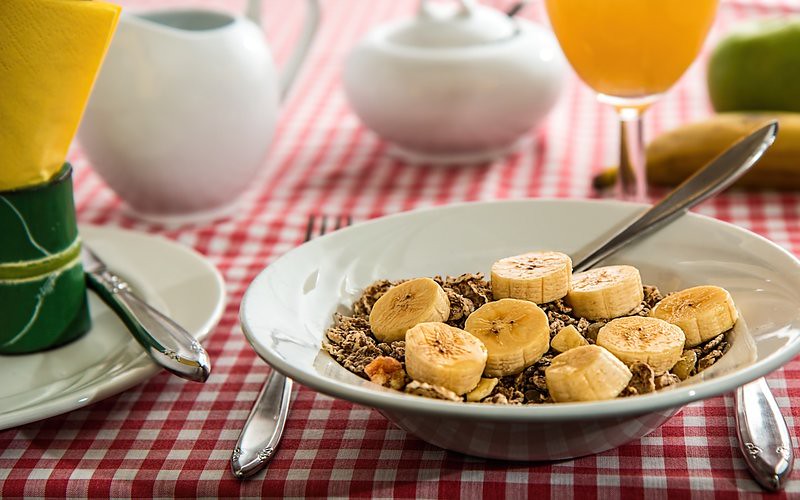Ayurveda Diet – How To Eat For My Dosha Type?
What is a Ayurveda Diet? According to Ayurveda, everything in the universe is classified into five elements: space,earth, water, air, and fire.

These elements merge to form the three doshas Kapha, Vata, and pitta. These three doshas respond in indifferent ways according to their body structure called doshas.
Types of Ayurvedic Doshas
1.Kapha dosha: It represents the elements of water and earth.
2.Vata dosha: It is a combination of space and air.
3.Pitta dosha: It combines water and fire.
When the dosha is imbalanced, the vital energy flow is interrupted. Ayurveda with its focuses on the link between micro and macrocosm. It defines a man as a product of natural elements putting up to the creation of this universe.
Man who forms a role in the cosmic environment requires the right balance in order to be healthy. According to Ayurveda, healthy life and hygiene are concerned, depends on the food and digestion. Which can be cured with perfect the remedial plan of Ayurveda.
Defective or imbalanced eating habits may be the main cause of a physiological disorder. What we eat has a deep impact on our minds and body. It is not just important in terms of what we eat, but it is equally important in terms of how we eat.
According to Ayurveda following tips should be considered on diet to get the best result from what we eat.
Healthy Eating Tips
Remember: A small amount of Fresh ginger with salt should be taken before 10 to 20 minutes from a meal.
- Water should be avoided for 15 minutes before food. Water quantity after food should be small. Let it be drunk often.
- After meals, mental or heavy physical exercise should be avoided. little bit of rest is advisable for proper digestion of food.
- Heavy food should be neglected at night. The best night meal is considered two to three hours before going to bed. After night meal, little excise like a short walk, or a minimum of says a hundred steps is best.
- In diet, hard substances should be properly chewed.
- If possible intake of butter or curd can be taken following food.
- Heavy diet (Guru) such fried should be taken in a limited quantity.
- Fresh and green vegetable food should be taken.
- The food should neither be very hot nor absolutely cold.
In addition, the Ayurvedic diet is governed by the characteristics, the constitution of the person according to doshas. Which should be is thoroughly examined before setting his diet.
Apart from their age and sex, the question of their possible imbalance is taken into account before reaching their feeding schedule. There is a specific diet plan for each of the three doshas ‘Vata ‘,’ pita ‘, and’ Kapha.
Usually, people who belong to the Kapha type with the sensitivity to excess phlegm are advised to consume lighter food.
Ayurveda Diet For Doshas
1.Ayurvedic recipes for Vata: People with “Vata” are advised to include carrots, grapes, strawberries, onions, potatoes, bananas, rice, nuts, lemon, and almonds.
2.Ayurvedic recipes for pitta: People prone to “pitta” are advised to go with cheese, apples, barley, wheat, rice, cheese, watermelon, and mangoes.
3.Ayurvedic recipes for Kapha: People with “Kapha” are advised to berries, apples, cherries, spinach, beans, and potatoes division.
In addition consumption of fresh and natural foods. without involving any (eating raw food), is also focus in Ayurveda. Ayurveda insists on a diet consisting of sprouts, green and yellow vegetables, other than honey, almonds, and cereals.
The herbs and spices with medicinal qualities can be added to food to strengthen the digestive system. According to Ayurveda, the diet should be planned so as to present an amalgam of sweet, bitter, sour, plus it tastes salty, pungent, and astringent.
In Ayurveda the healing process involved is concerned, so more preference is given to a vegetarian diet on vegetables and fruits. In order to find the right nutritional content, a vegetarian diet to balance environmental vegetarianism is preferable.
It is believed that meat consumption contributes to the accumulation of waste and other toxic elements, in our bodies. Which affects the health of human physiology.


























